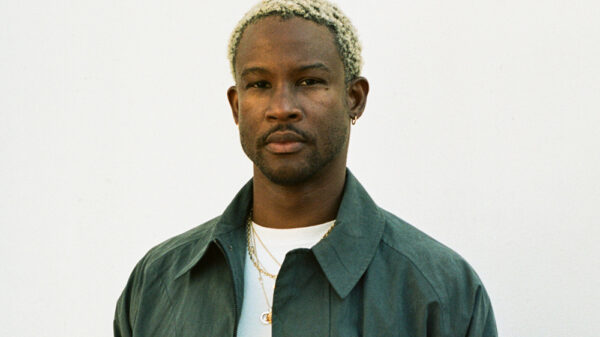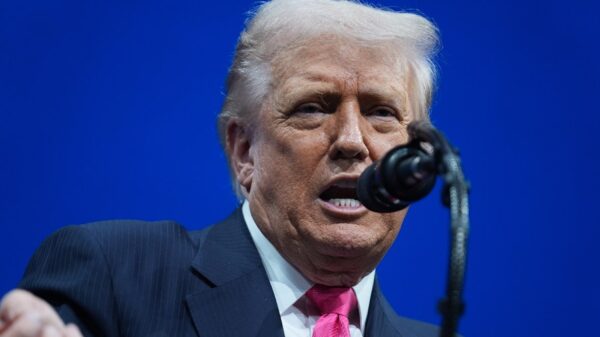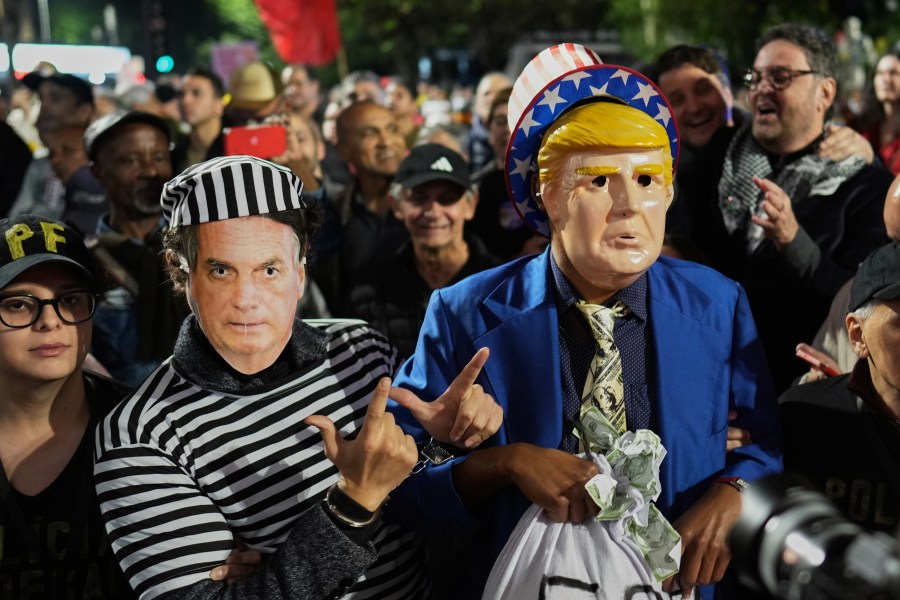President Donald Trump has announced plans to impose a 50% tariff on various Brazilian imports, including coffee and orange juice, potentially increasing breakfast costs for American consumers. If no agreement is reached by August 1, 2023, prices for these breakfast staples could rise significantly. Other affected goods include Brazilian beef and products from regional airlines, which are also facing trade challenges as a result of this decision.
This tariff proposal is seen as politically motivated, particularly in light of ongoing legal actions against former Brazilian president Jair Bolsonaro, a Trump ally. The Brazilian Supreme Court is currently prosecuting Bolsonaro over allegations related to his attempts to overturn the 2022 election loss. Trump cited the court’s actions against U.S.-based social media companies as part of the rationale for increasing the tariffs.
Trade relations between the U.S. and Brazil have been historically significant, with the U.S. Census Bureau reporting a $6.8 billion trade surplus in favor of the United States last year. Brazilian exporters and politicians, especially those aligned with Bolsonaro, have criticized Trump’s tariff announcement. The Brazilian agribusiness caucus expressed concern over the direct effects of these tariffs, stating they would harm Brazil’s agricultural sector, affect exchange rates, and impact the competitiveness of Brazilian exports.
Potential Impact on American Consumers
The United States relies heavily on Brazilian imports for coffee, with Brazil supplying approximately 30% of the American market. Colombia and Vietnam follow with 20% and 10%, respectively. Marcos Matos, executive director of Cecafé, the Brazilian coffee exporters council, remarked that while the initial 10% tariff announced in April was manageable, the proposed increase to 50% would be detrimental. “It will harm us, coffee exporters, in terms of jobs, income, and costs,” Matos stated. He also noted that American consumers would ultimately bear the brunt of these price increases.
Ibiapaba Netto, a director at the Brazilian association for citrus juice exporters, echoed Matos’s concerns. He highlighted that about 60% of U.S. orange juice imports come from Brazil, making it a critical supplier. “These additional tariffs on Brazil do not strengthen orange juice from Florida; they make the whole juice industry weaker and hike the cost for everyone’s breakfast in the U.S.,” Netto explained.
Both Matos and Netto urged Brazilian President Lula to pursue diplomatic solutions and avoid retaliatory measures that could escalate the situation further.
The Broader Economic Landscape
When Trump initially introduced tariffs in April, some in Brazil speculated that the country might benefit, as it was not subjected to the same steep penalties imposed on other nations like Canada and Mexico. However, the looming 50% tariff has shifted that perspective, placing Brazil in a more vulnerable position. Marcos Jank, a professor of global agribusiness at Insper, remarked, “With this 50% tariff hike, we now face one of the highest tariffs the U.S. is applying. We moved into a losing position.”
Brazilian airline manufacturer Embraer is also expected to feel the effects of the proposed tariffs. The company stated it is currently assessing how the changes may impact its operations, as approximately 60% of its revenue comes from the U.S. market. “Any material impacts will be addressed during our second-quarter earnings conference call, scheduled for August 5, 2023,” Embraer said.
The Brazilian beef industry is similarly concerned. Roberto Perosa, president of the Brazilian Association of Meat Exporting Industries, emphasized that Brazil’s beef production has been crucial for U.S. consumers, particularly during livestock shortages. “We don’t want to keep being the target of political disputes that harm the Brazilian productive sector,” Perosa stated.
While Trump’s tariffs are perceived as politically motivated, Brazil is exploring commercial arguments to pave the way for negotiations. Luiz Rua, secretary of trade and international relations at Brazil’s Ministry of Agriculture, mentioned that discussions about tariffs could include U.S. interests in accessing Brazil’s ethanol market, while Brazil seeks improved access to the U.S. sugar market.
As negotiations unfold, the potential for a trade agreement remains uncertain, but the implications of these tariffs could be far-reaching, impacting consumers in both countries.








































































